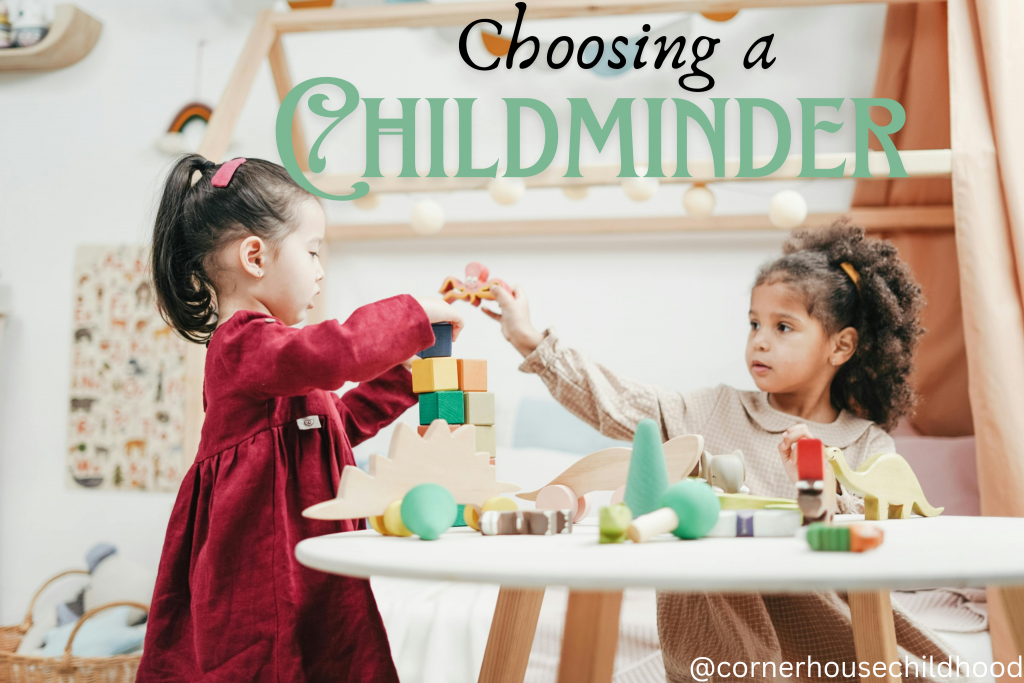
Choosing the right childminder can be daunting. This person will have a big part in your child’s life, and you need to be happy with them. Here are five points to consider when choosing a childminder:
- Do their working hours suit you? If you need childcare 8am-6pm 5 days a week, but the childminder only works 9am-3pm Mon-Thurs then they might not be the right fit. You may still be able to use them, but you would need to look at alternative care for the hours they cannot cover. Also be aware that the childminder might only have advertised a part-time space, but could have full-time hours available in the future.
- Does the location work for you? Childminders work from their own homes and you will usually be required to drop off to and pickup from that address. Some childminders also work from a second location for part of the week. If you will be dropping off or picking up on your way to or from work be sure to do a test run at the normal times to make sure the travelling works within your schedule.
- Do you like their setting and their working methods? This is probably the most important point! Your child will be spending a lot of time at the setting, so it’s important that you are happy with it. Are there interesting activities? Is there a nice outdoor area? Does the childminder’s approach align with your own parenting style? You should get a good gut feeling from visiting the childminder and be happy about your child going there.
- How will you pay? There is government help available to pay towards childcare, but not all providers accept all methods. You may be able to use tax-free childcare, universal credit, student finance or eligible funded hours. Check with the childminder which methods they accept. Discuss their fees and any additional costs. Make sure you understand their policies for holidays, sickness and any late charges. Many childminders charge an initial deposit and/or a month’s payment up front. Payments are usually required in advance of childcare.
- Have you checked their credentials? Childminders should be registered with either Ofsted or an Ofsted-registered childminding agency such as Tiney or SCA. They will have a registration certificate showing their registration number. They should also have a first aid qualification, DBS check and appropriate insurance. Anyone who is not registered will not be insured, will not be able to accept government childcare payments, has not been vetted, and could be putting your child at risk.

